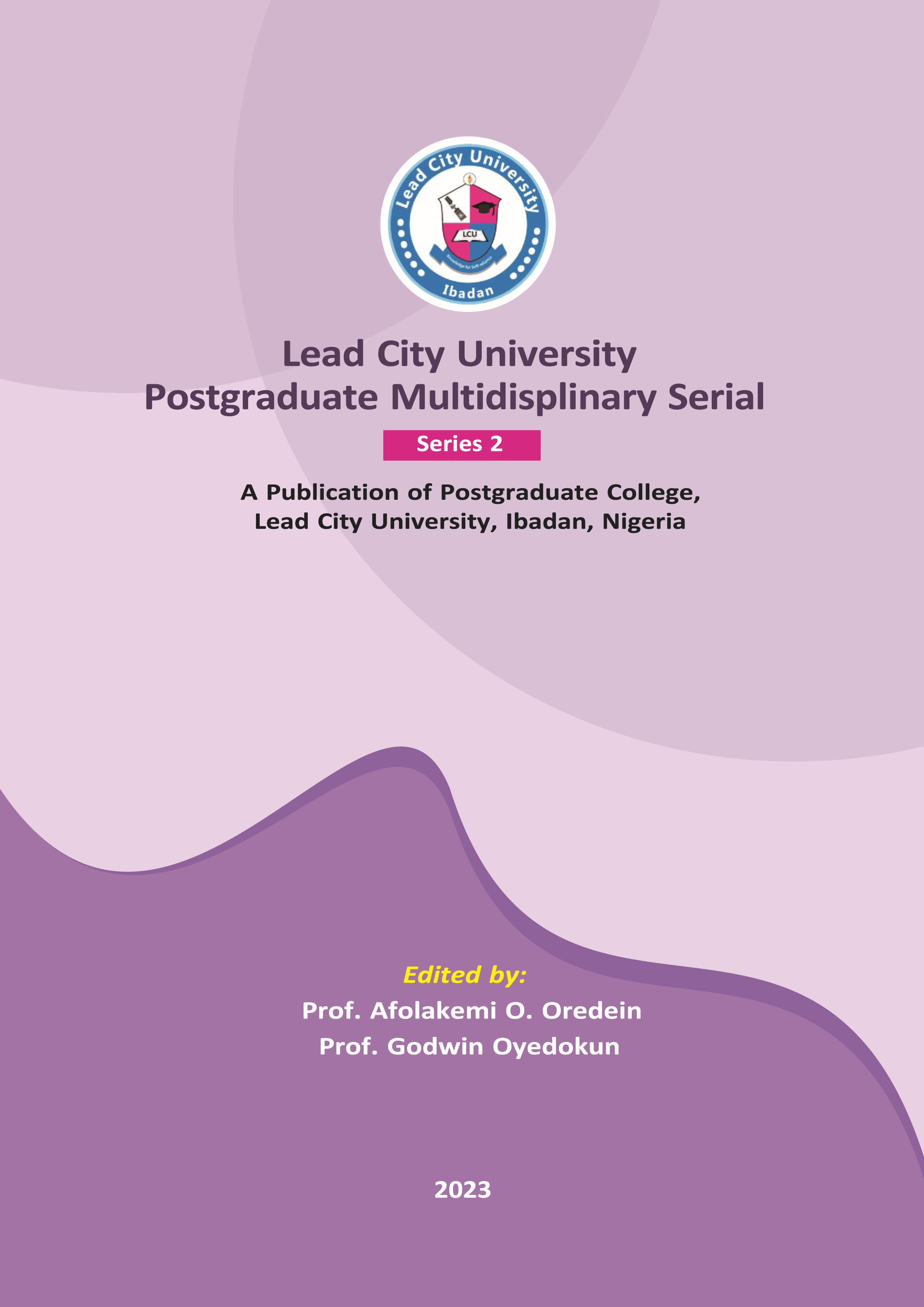Vocational and Universal Basic Education for Sustainable Development in Nigeria
Keywords:
Vocational, universal, basic education, sustainable developmentAbstract
Vocational education is the component of education that prepares an individual with the expertise,
abilities, and mindset necessary to enter the workforce and advance in a certain career. Basic
education, which teaches reading and numeracy while also encouraging cognitive, affective, and
social development, is a pedagogical experience experienced by the vast majority of humans in
some form or another. Vocational and universal basic education has been reported to be significant
in the growth and development of a nation. Hence, the universal declaration of human rights was
adopted in 1948, emphasizing everyone's right to education, with a focus on basic education.
Sustainable development is the development that meets the requirements of the present without
jeopardizing future generations' ability to meet their own needs. Sustainability necessitates the
integration of theory and practice. As a result, the school's curriculum must accept and promote
the following ideals: reflecting community realities, generating creative activity among pupils,
teacher empowerment, and so on. Finally, education at various levels has the potential to shape the
world of tomorrow by providing individuals and society with the necessary skills and perspectives,
knowledge and values for living and working sustainably. This paper, therefore seeks to examine
vocational and universal basic education for sustainable development.

